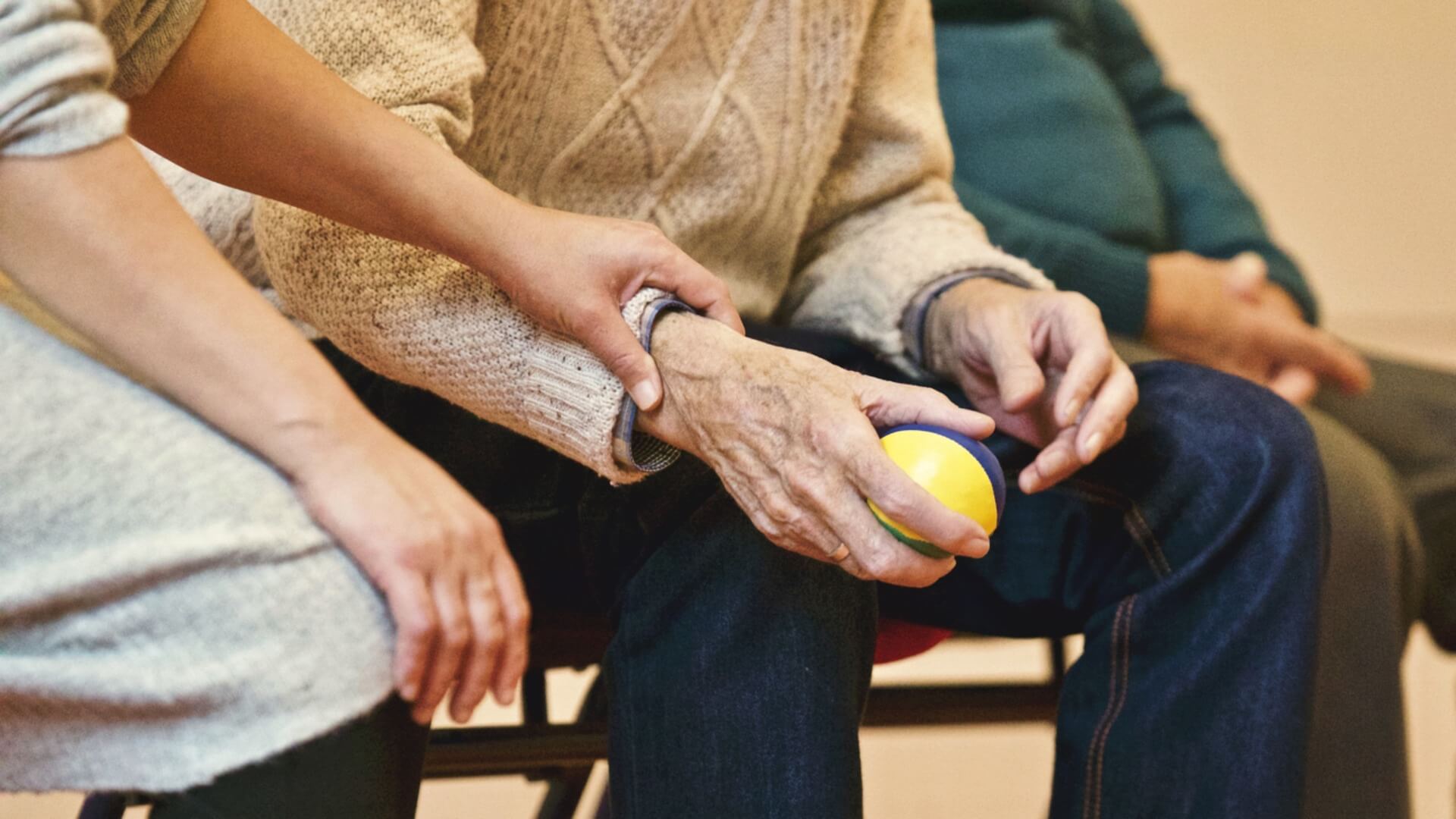This week we invited guest blogger Linda Bright to discuss the signs that a parent might need more help than you alone can provide.
When I was in my 20’s, the idea of nursing homes and assisted living centers for my parents was nowhere on my radar. Mom and dad were busy enjoying their retirement years, traveling and playing golf every chance they got. Unfortunately within a few years, fate decided to step in and change things up a bit. It started with a devastating diagnosis for our mother; early onset Alzheimer’s which quickly claimed mom’s razor-sharp memory and her quirky personality, leaving us lost and grieving for the mother who raised us.
Her prognosis was as grim as expected and within months, my father had to step in as full-time caregiver. Just when we thought it couldn’t get any worse; it did and one night I got a phone call from distraught father that my mother had suffered a catastrophic stroke. Within weeks, I watched as the mother (who used to knit my winter mittens, cook ten course meals and go skydiving with my brothers) fade into someone I hardly recognized. Gone was her mischievous smile, her biting humor and her commanding soprano voice. Like a wilted rose, she had lost her blush and bloom, holding on to life by the most tenuous of threads. We had hoped she would have made it until the next Christmas, but we lost her after celebrating what would be her very last Thanksgiving.
So years later when my father started showing signs of dementia, my heart sunk into my stomach. Our experience with our mother was traumatic enough, and the thought of now watching my father slip into some similar decline was too awful to contemplate. Yet, when I noticed some worrisome traits, I began my own criteria for determining if dad needed home-care as well.
If you too might be worried about an elderly person’s welfare, then here a few tips that we have implemented to determine our needs within our own family.
- Unexplained Bruising: If you notice that either parent has significant injuries and yet, can’t recall how they occurred, this might be a red flag. Slips and falls are among the most dangerous threats facing the elderly, it has been cited that among those the elderly population, 70% of accidental deaths are caused by falls.
- Unpaid Bills: Another sign you might notice that an elderly parent might be struggling are piles of unopened mail, past-due accounts and collection notices. If your once-organized parent doesn’t seem to have a handle on their finances, this should be taken with grave concern.
- Clutter in home/unkempt appearance: Is your once-fastidiously groomed parent suddenly wearing the same clothes, day after day. Do they seem unconcerned with the piles of clutter that normally would have been organized, sorted and put away? A messy home or a house that is in disrepair can also indicate underlying care issues that might need further investigation.
We were fortunate to hire a caregiver who has been able to stop by my father’s house and check his blood sugar levels, in addition to his well-being. At the moment, my father is still living on his own, and that is important for him, but my brothers and I have a rotating weekly schedule to stop in and make sure he is doing well.
Removing dad from his home would truly be a worst-case scenario, so we are being extra-vigilant to make sure he is cared for and can remain independent.
After all, my parents tended to our every needs growing up, providing a warm and loving environment, security and protection. Wouldn’t any of us want to do the same?
Linda Bright is a staff writer and a public relations coordinator for MyNursingDegree.com.Given her experience as a former hospital administrator, she writes primarily about healthcare reform, patient rights and other issues related to the healthcare industry. In her free time, she enjoys Sudoku, spending time with her family, and playing with her poodle, Max.







